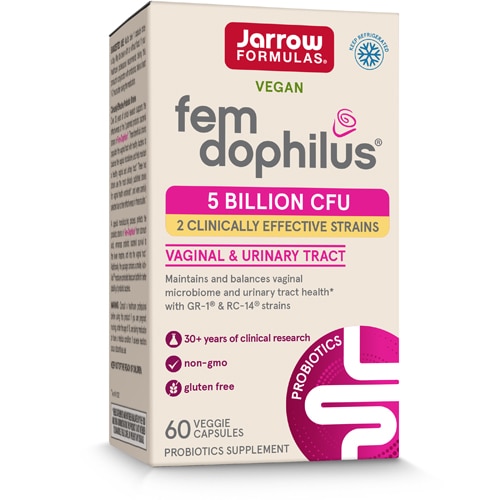Endometriosis is a physically, mentally and emotionally painful disorder.
Endometriosis happens when the lining of the uterus, or endometrium, grows outside the uterus and attaches itself to organs such as the ovaries and the fallopian tubes. Symptoms of the condition, which affects roughly 3 percent to 10 percent of reproductive-age women, include severe pelvic pain, menstrual problems, gastrointestinal issues and infertility. Research shows women with endometriosis also:
- Have a higher risk of heart disease.
- Face a greater risk of pregnancy and delivery complications, including miscarriage, preterm birth and cesarean section.
Unfortunately, there’s no way to prevent endometriosis, and there’s no cure. The condition typically is treated with medication or surgery.
However, there are things you can do to lower your risk for endometriosis and cope with the complications. Here are eight suggestions.
1. Curtail alcohol consumption.
Alcohol raises levels of the hormone estrogen, so the federal Office on Women’s Health recommends women of childbearing age drink only one alcoholic beverage a day.
Why is this important? The agency says lowering estrogen levels can decrease your chance of developing endometriosis.
According to UT Southwestern Medical Center, the lining of the uterus is on the same cycle as a woman’s period, which is regulated by estrogen. This tissue then sheds, bleeds and triggers inflammation, no matter where the endometrium is. Self magazine explains that this wayward “debris” is sensitive to estrogen, which “promotes painful inflammation and spurs endometriosis’ growth.”
2. Cut back on caffeine.
Research shows drinking more than one caffeinated beverage a day, especially sodas and green tea, can raise estrogen levels, the Office on Women’s Health says.
3. Exercise regularly.
Exercising more than four hours a week can help reduce your percentage of body fat, according to the Office on Women’s Health. That then can shrink the amount of estrogen in your body.
4. Pump up the probiotics.
If you’re suffering from digestive problems as a result of endometriosis, eating foods that are brimming with probiotics might help, says registered dietitian nutritionist Sarah Skovran, whose specialties include intuitive eating and digestive health. Foods rich in probiotics include yogurt with live active cultures, and fermented foods like pickles and sauerkraut.
5. Focus on heart health.
A study published in 2016 in an American Heart Association journal found that women with endometriosis — particularly those 40 and under — might face a greater risk of developing heart disease.
“It is important for women with endometriosis — even young women — to adopt heart-healthy lifestyle habits, be screened by their doctors for heart disease and be familiar with symptoms, because heart disease remains the primary cause of death in women,” study co-author Stacey Missmer, a professor at Michigan State University, says in an American Heart Association news release.
6. Stick to a balanced diet.
Skovran says that if you have endometriosis — or any other chronic health condition, for that matter — you can relieve syptoms by eating a variety of fruits and vegetables; ensuring you’re consuming omega-3 fatty acids in foods like fatty fish, flaxseed and walnuts; and cutting out trans fats (hydrogenated oils).
7. Make up for mineral deficiencies.
Women who have endometriosis may have low levels of iron, magnesium and zinc, so they should eat leafy greens, dried fruit, legumes and fatty fish to boost those levels, Skovran says.
8. Fight inflammation.
Barry Sears, a biochemist who champions anti-inflammation nutrition, says that since the symptoms of endometriosis are associated with increased inflammation, it’s advisable to follow an anti-inflammatory diet featuring non-starchy vegetables and low-fat protein.
He also suggests ramping up consumption of foods that contain tissue-repairing and inflammation-attacking polyphenols, including coffee, tea, oranges, red cherries, red wine and soybeans.
Adhering to an anti-inflammatory diet “is not as easy as it sounds, because people don’t all respond to the same foods in the same way,” Skovran says. “The best thing to do is to follow an elimination diet under the guidance of a registered dietitian nutritionist, who can make sure you are getting all the nutrients you need while you’re in the restrictive phase of the diet.”
She says that on an elimination diet, you should decrease consumption of processed carbohydrates, such as pretzels and crackers; sugary foods; and dairy products. You also should avoid alcohol.
Skovran recommends following this diet for four to six weeks, or for two menstrual cycles if your symptoms are aligned with your period. If the symptoms don’t improve, drop the diet, she says.
“Whatever elimination diet you follow, remember that this is an experiment to see what makes a difference and what doesn’t, and is intended to be a temporary way of eating,” Skovran says. “After the prescribed amount of time, start adding food items into your diet one at a time to determine whether or not that food is affecting symptoms.”




